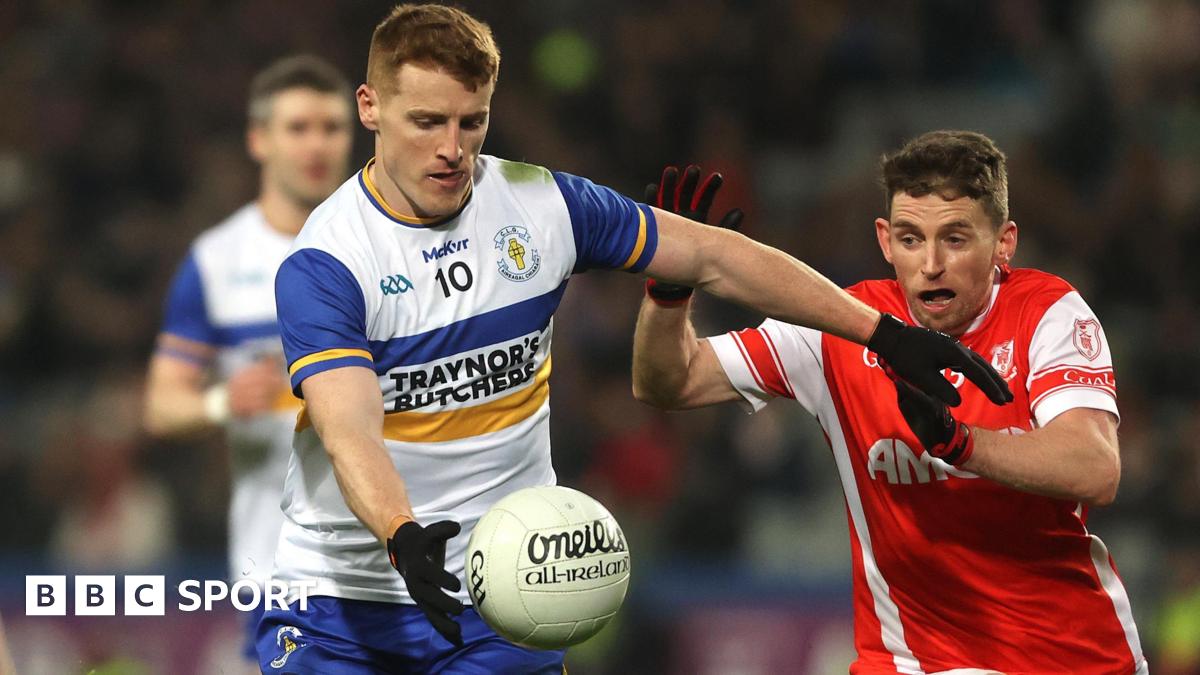ARTICLE AD BOX
"I felt stinging pain, it was a hard whack."
Karen Wiltshire had just been hit on the bottom with a whip by a rival jockey during a race.
After she dismounted from her horse, a trainer noticed a split in her riding breeches and observed: "They weren't made for women's backsides."
This was the 1970s and Wiltshire was trying to break new ground as a woman in what was then the male-dominated world of horse racing. Her ordeal was not over.
When she returned to the changing room at Warwick, another man riding in the same race jumped over a partition to sexually assault her.
"He's groping and trying to kiss me. Luckily, I'd done judo at an all-girls' convent school and fought him off," recalls Wiltshire.
Why did she carry on, and not complain?
"Times have completely changed since the 1970s, when you wouldn't be able to do much about it," she said.
"You didn't want to draw attention because it could affect your career. All I wanted to do was race so I just had to block that out."
She was overlooked for rides, verbally abused and ridiculed by other staff at her stables, but still went on to become the first professional jockey to ride a winner in British Flat racing when, aged 22, she guided The Goldstone to victory at Salisbury in 1978.
Her struggles against misogyny, prejudice and bullying are detailed in a new biography called 'No Place For a Girl'.
Much progress has been made in recent years - Hollie Doyle is among the leading Flat jockeys in Britain and Irish rider Rachael Blackmore became the first female rider to win jump racing's Grand National.
While Wiltshire believes more should be done to ensure women are better represented in some of the top contests, racing remains one of the few sports in which they regularly compete on level terms against men.
When trainer Bill Wightman gave her a chance in the 1970s, he wanted to ensure she did not stand out from her competitors. Owners might initially frown on a woman being a jockey.
"He told me to cut my hair like a boy, no make-up. I was so thin that my physique didn't look any different," she said.
Jockeys were listed by initials - L Piggott, for example - and racegoers and fellow riders might not be aware a woman was riding until she actually turned up. Many changing rooms then, unlike Warwick, had no separate area for women.
"The boys didn't know until I stripped off to bra and pants. Everybody looked shocked at me," she said.
"I didn't complain because I just wanted to ride horses."
Wiltshire's landmark moment came on 14 September 1978 - a two-and-a-half length victory on 9-1 shot The Goldstone.
Unlike Blackmore's Aintree triumph, which generated headlines around the world, there was little fanfare at the time.
The only coverage she recalls is six sentences in the Sporting Life newspaper and that merely referred to her maiden victory, rather than the first by a female professional.
"It was buried away. I don't think they wanted to promote women in sport, unlike today," she said.
Despite the victory, chances of gaining another remained limited.
The following year she ended her career after 18 rides, which included one runner-up spot at Epsom and three third-placed finishes.
While opportunities have improved, Wiltshire said she was not surprised there had been a recent high-profile case of sexism in British racing, with Robbie Dunne completing a 10-month ban two years ago for bullying fellow jockey Bryony Frost, who now rides in France.
"She was very brave in taking it further. I just hope it has not hindered her opportunities with trainers over here," she said.
Last year the British Horseracing Authority (BHA) unveiled a strategy to improve safety and wellbeing after revealing it had investigated more than 350 safeguarding and human welfare concerns within the sport since 2018. It did not say how many cases had been proven, but nearly half the reports were concerned with either sexual misconduct or bullying.
The BHA has also launched initiatives to encourage women to stay in the sport after statistics showed that three-quarters of graduates from the two main racing schools were female, but only 15% of professional jockeys were women.
"I thought by now 30% of professional jockeys would be women, and you don't see many women having big races in the Classics like the Derby," said Wiltshire.
"I'd like to see five to 10% extra prize money for trainers who use female jockeys in the Classics."
Wiltshire is now a fitness instructor at her own gym in Hampshire and says her grown-up daughter Lara is amazed and proud of her story - a career which saw her ride against great jockeys like Lester Piggott, Willie Carson, Pat Eddery and Walter Swinburn.
"That first win proved it could be done. A lot of people want to go to see women racing now and people realise they have similar abilities," she said.

 2 months ago
9
2 months ago
9








 English (US) ·
English (US) ·